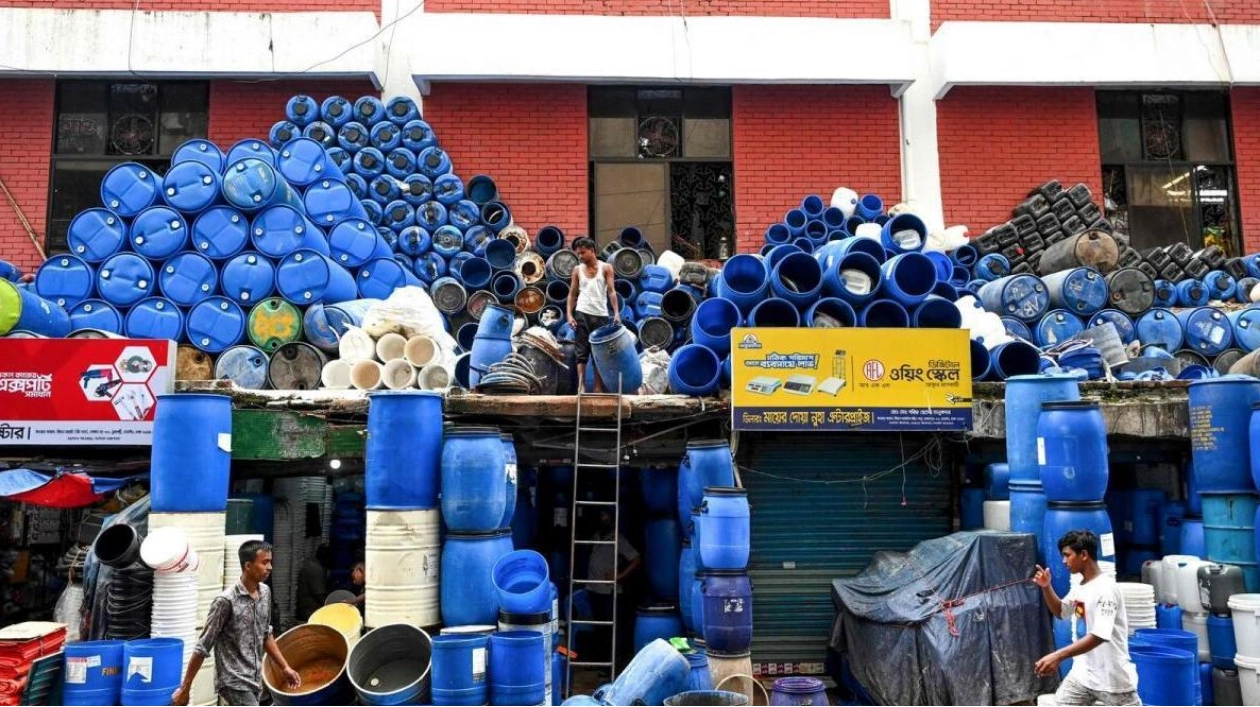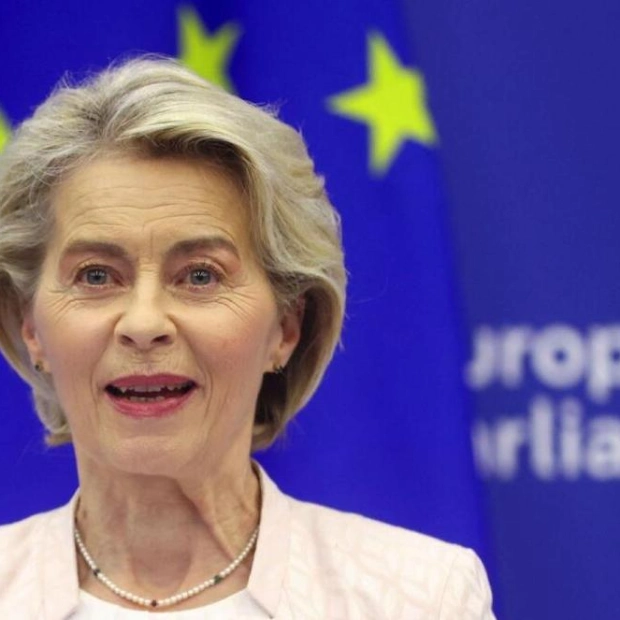Bangladesh has relaxed its nationwide curfew further on Thursday, as students consider the future of their protest campaign against civil service hiring rules that led to days of deadly unrest last week. The violence last week resulted in at least 191 deaths, including several police officers, according to an AFP count based on reports from police and hospitals. This marks some of the worst unrest during Prime Minister Sheikh Hasina's tenure. Thousands of troops continue to patrol cities, and a nationwide internet shutdown remains largely in place, although clashes have decreased since protest leaders announced a temporary halt to new demonstrations. Hasina's government has further eased the curfew, allowing free movement for seven hours between 10:00 am and 5:00 pm. Streets in the capital, Dhaka, which is home to 20 million people, were congested with commuter traffic in the morning, a stark contrast to the almost deserted streets following fierce clashes between police and protesters days earlier. Banks, government offices, and the country's economically crucial garment factories reopened on Wednesday after being closed last week. Student leaders are scheduled to meet later on Thursday to decide whether to extend their protest moratorium, which is set to expire on Friday. Students Against Discrimination, the group organizing this month's rallies, expects several concessions from the government. "We demand an apology from Prime Minister Sheikh Hasina to the nation for the mass murder of students," said Asif Mahmud, one of the group's coordinators. "We also want the sacking of the home minister and education minister." Mahmud added that the estimated death toll from the unrest was likely understated, with his group compiling its own list of confirmed deaths. Police have arrested at least 2,500 people since the violence began last week. Protests erupted after the June reintroduction of a scheme reserving more than half of government jobs for certain candidates, including nearly a third for descendants of veterans from Bangladesh's independence war. With around 18 million young people unemployed in Bangladesh, according to government figures, the move has deeply upset graduates facing a severe jobs crisis. Critics argue that the quota system is used to fill public jobs with loyalists to Hasina's Awami League. The Supreme Court reduced the number of reserved jobs on Sunday but did not meet protesters' demands to eliminate the quotas entirely. Hasina, 76, has been ruling the country since 2009 and secured her fourth consecutive election win in January after a vote without genuine opposition. Her government is also accused by rights groups of misusing state institutions to consolidate power and suppress dissent, including the extrajudicial killing of opposition activists.

Text: Lara Palmer
25.07.2024
Nationwide curfew relaxed amid ongoing student protests against civil service hiring rules





